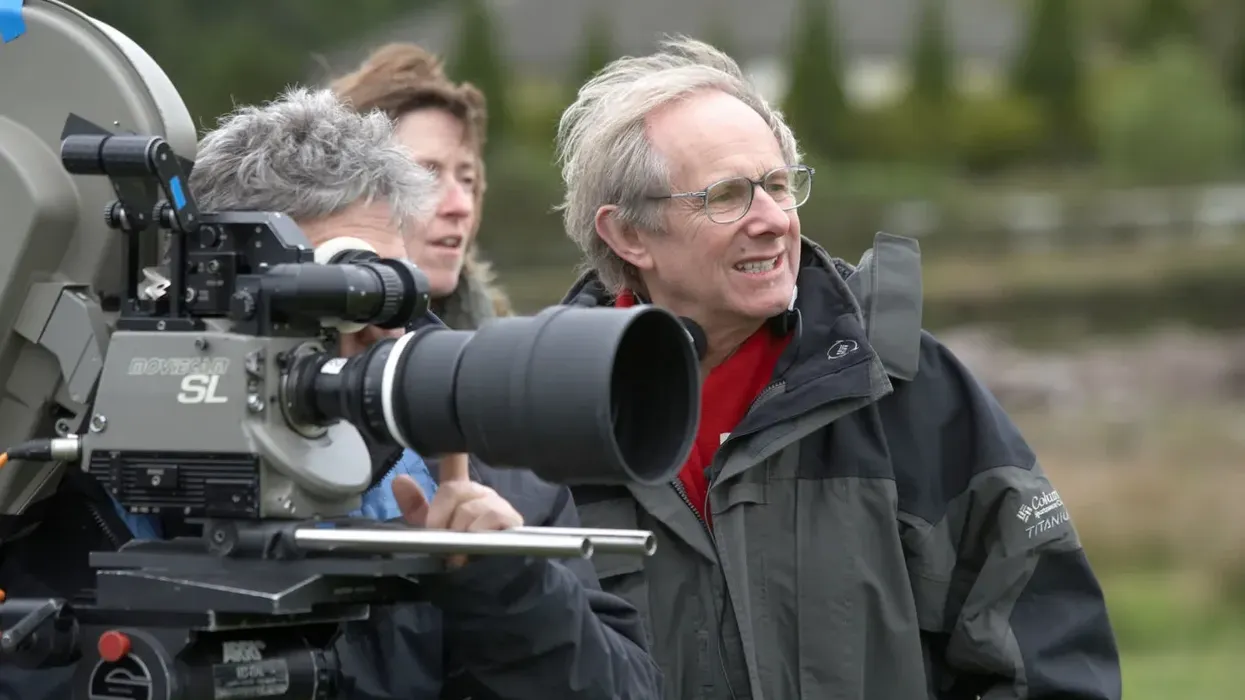Ten Directing Lessons Inspired by Ken Loach
Follow the personal journey of one of the most introspective directors.

Jimmy's Hall
I was texting with a buddy last night about my love for Ken Loach's Land and Freedom and I realized that I don't think I've ever written about him on this site.
And he's certainly a director worth studying.
My first introduction to him was The Wind that Shakes the Barley, but I was happy to discover he had dozens more films to dig through, and I have been ever since.
Ken Loach has been a seminal figure in British cinema for over five decades. His commitment to social realism, combined with a unique directorial style, has not only shaped the landscape of British film, but also inspired countless filmmakers around the world.
Here are ten directing lessons you can learn by watching his films.
10 Directing Lessons Inspired by Ken Loach
1. Authenticity Above All
Loach's dedication to authenticity is perhaps his most defining characteristic. He often casts non-professional actors and shoots on location to ensure his films feel lived-in and real.
Kes, one of his most celebrated works, showcases this beautifully. The film's young lead, David Bradley, was not a professional actor at the time, and the setting—a small town in Yorkshire—adds an irreplaceable depth and realism to the story of a young boy and his kestrel.
2. Social Context is Key
A consistent theme across Loach's filmography is his focus on the social and economic conditions that shape people's lives.
In I, Daniel Blake, Loach explores the British welfare system through the eyes of its titular character, a widowed carpenter. The film is a poignant study of bureaucracy and its effects on the human spirit, reminding directors to consider the broader societal context in their storytelling.
3. Collaborate Closely with Screenwriters
Loach's long-term collaboration with screenwriter Paul Laverty is central to his success. This partnership highlights the importance of a shared vision between director and writer.
Films like The Wind That Shakes the Barley, which delves into the Irish War of Independence and Civil War, exemplify how a strong director-screenwriter relationship can produce compelling and thought-provoking narratives via collaboration.
4. The Power of Improvisation
While Loach is known for his detailed scripts, he also values improvisation, believing it can bring a layer of authenticity and immediacy to performances.
In Riff-Raff, for instance, actors were encouraged to bring their own experiences and voices to the roles, creating a dynamic and engaging portrayal of life on a London construction site.
5. Tackle Complex Issues Head-On
Loach does not shy away from difficult subjects, instead approaching them with empathy and complexity.
Sorry We Missed You addresses the gig economy and its impact on a family struggling to make ends meet. By focusing on personal stories within broader social issues, Loach demonstrates the importance of tackling complex subjects head-on, but with sensitivity.
6. Use of Natural Lighting
Loach's preference for natural lighting not only adds to the realism of his films but also serves to eliminate the barrier between the audience and the characters.
This technique, evident in Land and Freedom, immerses viewers in the Spanish Civil War's historical context, making the past feel immediate and palpable.
7. Minimalist Approach to Production
Loach’s minimalist production techniques emphasize the story and performances over flashy cinematography or special effects.
This approach is clear in Bread and Roses, where the focus on characters and their fight for justice in the workplace speaks louder than any elaborate production design could.
8. Engage with Real People's Stories
Many of Loach's films are inspired by real events and people. For The Spirit of '45, Loach used archive footage and interviews to document the sense of community and social progress in post-war Britain.
This lesson underscores the value of grounding films in real human experiences and histories.
9. Political Engagement
Loach has never avoided political engagement, using his films as a platform to comment on social injustices and political issues.
Cathy Come Home, a television play, had a profound impact on public perceptions of homelessness in Britain and led to the founding of the charity Shelter. Loach's work exemplifies how film can be a powerful tool for social change.
10. Keep the Audience Engaged
Despite often dealing with heavy subjects, Loach manages to keep his films engaging and accessible. Looking for Eric, a lighter film amidst his more serious works, combines humor with human drama, showing that even films with a message can entertain and uplift.
Loach’s career offers a masterclass in filmmaking that is deeply humanistic and socially engaged. His work teaches directors the value of authenticity, the importance of social context, and the power of cinema to illuminate and advocate for the marginalized.
By following these lessons, filmmakers can aspire not only to entertain but also to enlighten and inspire change.
What's you favorite Ken Loach film? Let us know in the comments.













